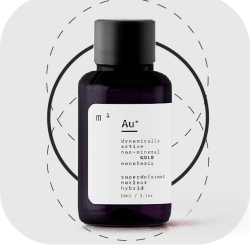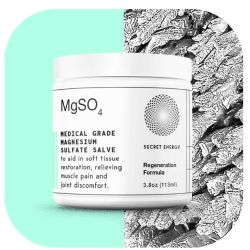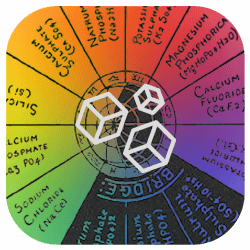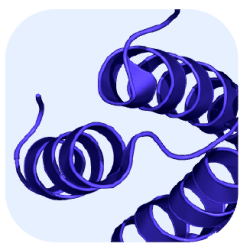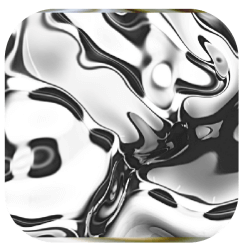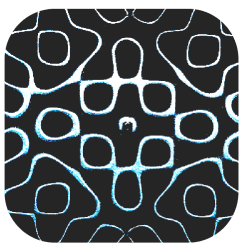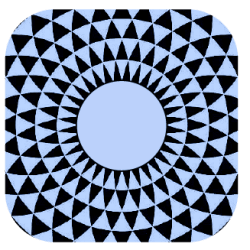PVD is a condition where the vitreous part of the eye detaches at the back of the eye and threatens the optic nerve. This is a serious health problem that needs to be addressed by a professional. The symptoms when sever are a sensation of cobwebs before the eyes. It is called PVD and is a rare condition (fortunately). Causes may be some sort of weakness or injury. Modern medicine uses surgery and may be essential. It may not help everyone.
Natural solutions are meant to prevent the condition by strengthening the eyes and the tissues. Use several while waiting for professional treatment, and use afterward to prevent relapses. (Get regular checkups.) Nutritionally, use Lutein to help protect the retina.
Herbs for Posterior Vitreous Detachment
Herbs are plants valued for their specific strengthening/ tonifying properties.
Dr. Christopher’s Herbal Eyebright – for general eye health and inflammation reduction
Shave grass – connective tissue integrity
Plantain – when there is a threat of injury
Cell Salts to Help Posterior Vitreous Detachment
To make a cell salt solution, put up to 10 tablets of each cell salt in a 16- to 24-ounce bottle; fill with water and swirl to dissolve tablets. Sip throughout the day.#1 Calc fluor 6X – tissue integrity
#2 Calc phos 6X – calcium strength
#12 Silicea 6X – connective tissue health
PVD Homeopathic Remedies
Homeopathic remedies are non-toxic natural medicines safe for everyone including infants and pregnant or nursing women. You may use 6X, 30X, 6C or 30C potencies.
Severe versions have sensation of cobwebs in front of the eyes. Use 30c potency three times a day for several months.
Agaricus – uncontrollable spasms of eyelids and muscles of eyes; hazy vision and flickering and nervous winking; sensitive to light.
Lycopodium – night blindness; cataracts; eyes feel too large; eyes half open when sleeping; right-sided; digestive problems; symptoms worse 4 to 8 pm.
Nitricum acid – burning or splinter pains; conjunctivitis or inflammation of the cornea with dilation of the pupils; inflammation of the iris; inflammation of the eyes or eyelids with smarting tears.
Tarentula – itching, thick tears; sand or thorn-in-eyes sensation; one pupil dilated the other contracted; sensitive to light; nervous personality.
Source: Dave’s Healing Notes




